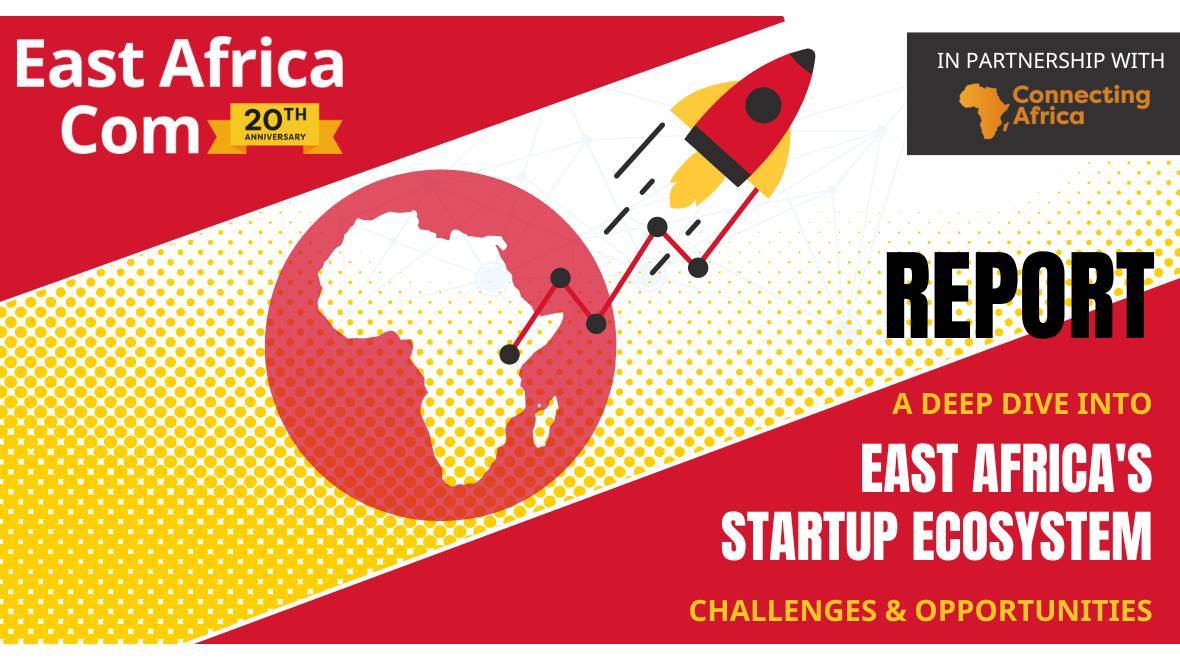Interview with Charles Niehaus, Consultant in Mobile Money at the International Finance Corporation
Charles Niehaus is Consultant Mobile Money at the InternationalFinance Corporation (IFC), part of World Bank Group. He will be a speaker in the Mobile Money programme at AfricaCom this year, with a case study on achieving interoperability through mobile financial services in Tanzania. Here’s a chance to hear from him before the event
AfricaCom: Tanzania has led the way with interoperability. What role have IFC played in facilitating this process ?
The Mobile Money programme will take place on Tuesday 17th and Wednesday 18th November at AfricaCom (CTICC, Cape Town, South Africa).
Charles Niehaus is Consultant Mobile Money at the InternationalFinance Corporation (IFC), part of World Bank Group. He will be a speaker in the Mobile Money programme at AfricaCom this year, with a case study on achieving interoperability through mobile financial services in Tanzania. Here’s a chance to hear from him before the event
The Mobile Money programme will take place on Tuesday 17th and Wednesday 18th November at AfricaCom (CTICC, Cape Town, South Africa).












